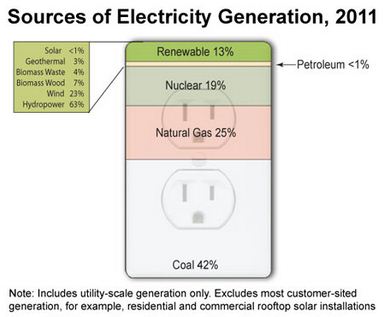2020 - Globalization
I have written several posts around the issues of globalization... not a lot of it all that complimentary. It is a market force that has it's own momentum and is being fueled by multinational corporations who are likely to benefit... at least in the near term.
Within the National Intelligence Council's paper there is the statement of the obvious:
Yet the benefits of globalization won’t be global. Rising powers will see exploiting the opportunities afforded by the emerging global marketplace as the best way to assert their great power status on the world stage. In contrast, some now in the “First World” may see the closing gap with China, India, and others as evidence of a relative decline, even though the older powers are likely to remain global leaders out to 2020. The United States, too, will see its relative power position eroded, though it will remain in 2020 the most important single country across all the dimensions of power.An interesting point is that:
The greatest benefits of globalization will accrue to countries and groups that can access and adopt new technologies. Indeed, a nation’s level of technological achievement generally will be defined in terms of its investment in integrating and applying the new, globally available technologies—whether the technologies are acquired through a country’s own basic research or from technology leaders. The growing two-way flow of high-tech brain power between the developing world and the West, the increasing size of the information computer-literate work force in some developing countries, and efforts by global corporations to diversify their high-tech operations will foster the spread of new technologies.Globalization does not just mean transfer of manufacturing jobs to low cost labor nations. A more important long range aspect is far more intellectually based:
The expected next revolution in high technology involving the convergence of nano-, bio-, information and materials technology could further bolster China and India’s prospects. Both countries are investing in basic research in these fields and are well placed to be leaders in a number of key fields.But the U.S. doesn't need to worry there... right?
The number of US engineering graduates peaked in 1985 and is presently down 20 percent from that level; the percentage of US undergraduates taking engineering is the second lowest of all developed countries. China graduates approximately three times as many engineering students as the United States. However, post-9/11 security concerns have made it harder to attract incoming foreign students and, in some cases, foreign nationals available to work for US firms. Non-US universities—for which a US visa is not required—are attempting to exploit the situation and bolster their strength.Draw your own conclusions, but the issue of Education Failure about which I often write does seems to have some bearing on this topic.






